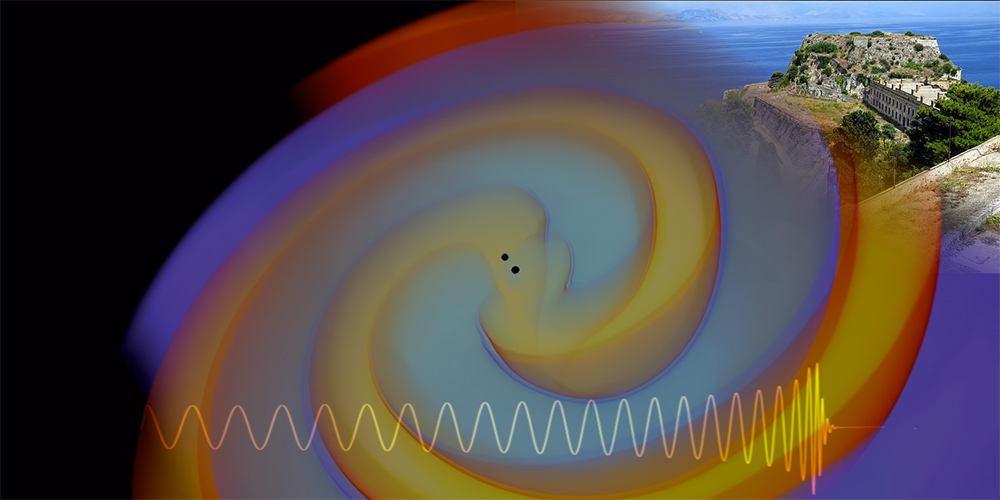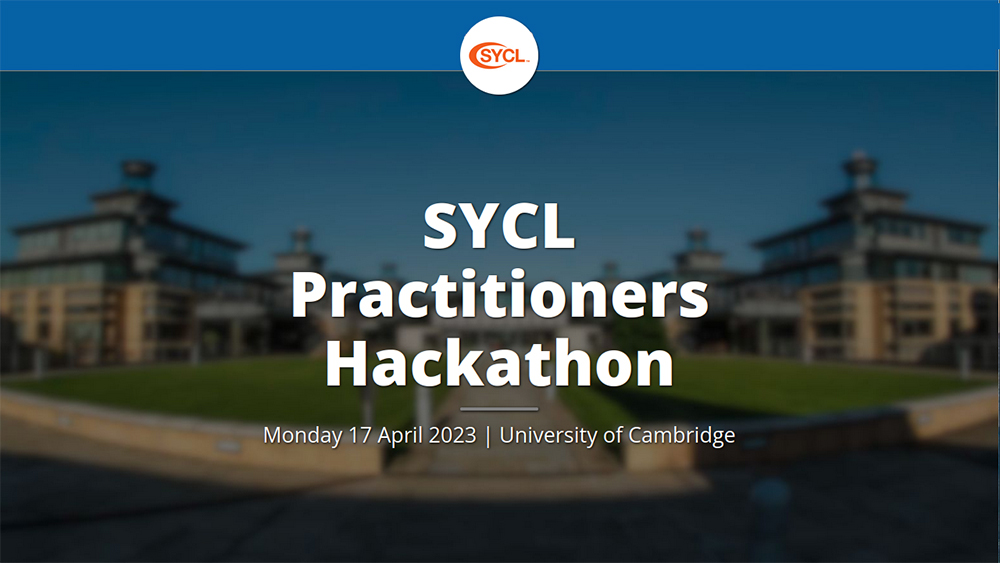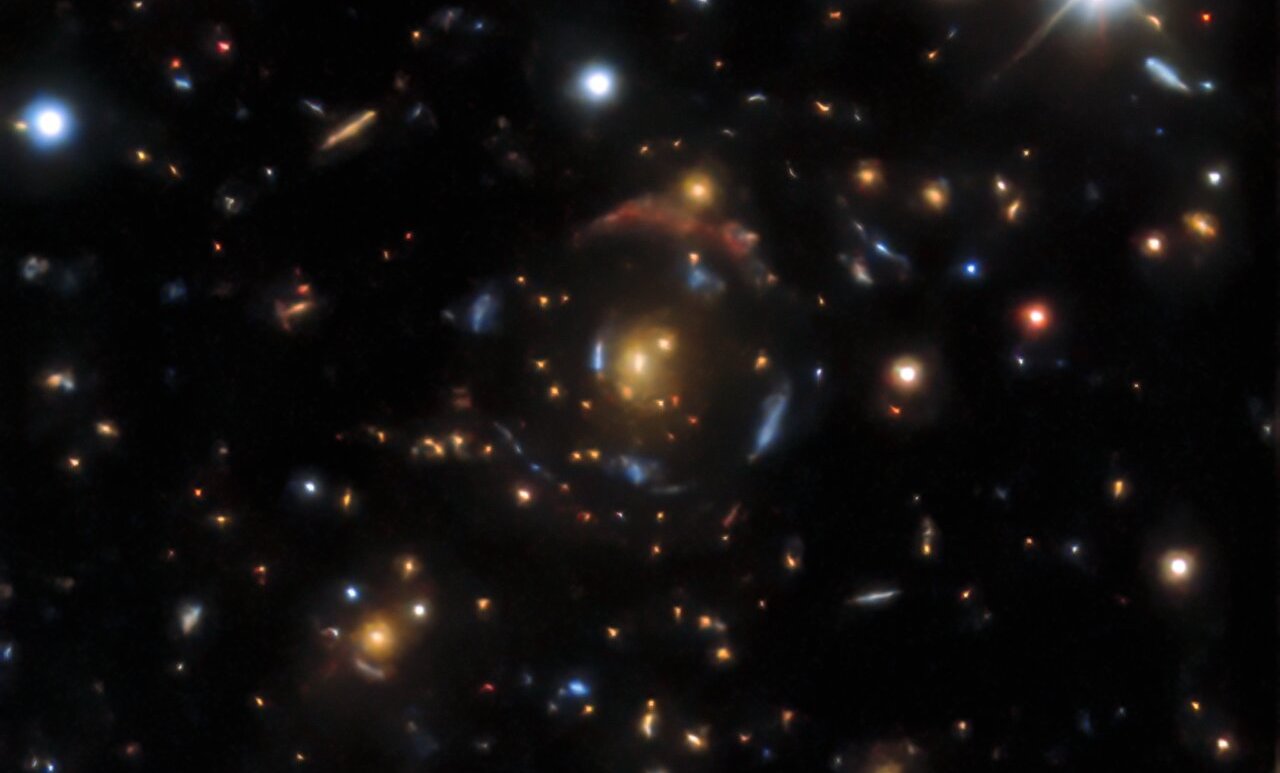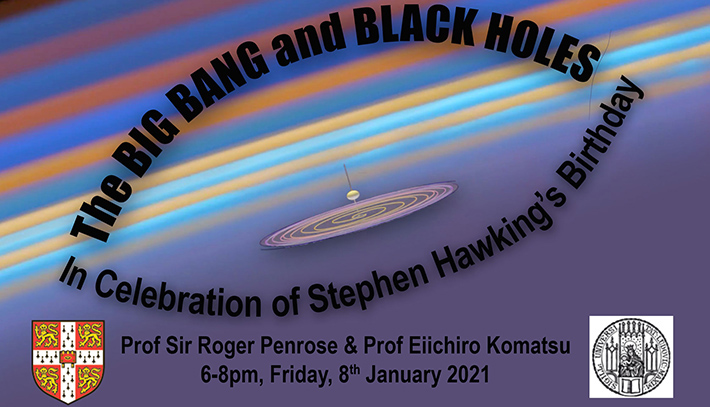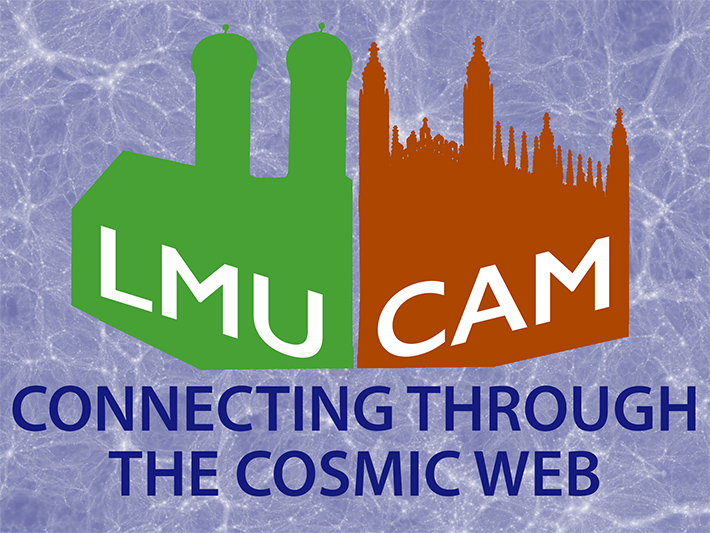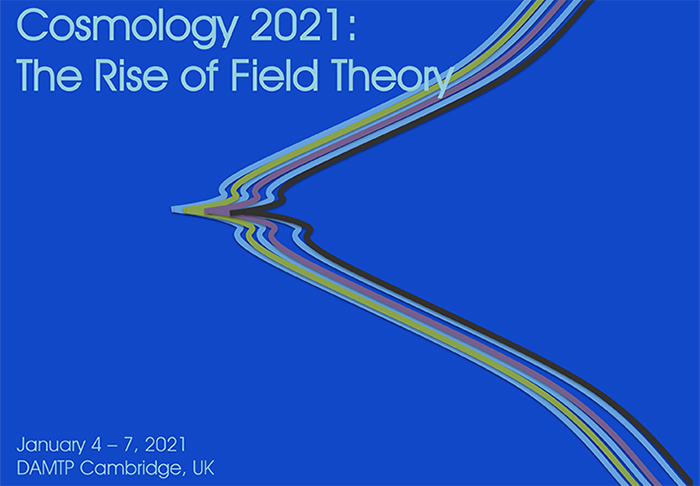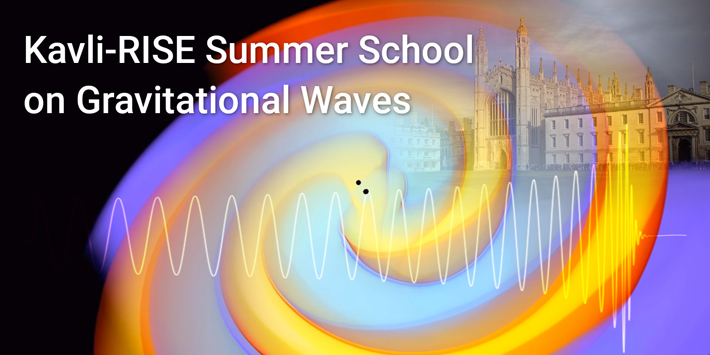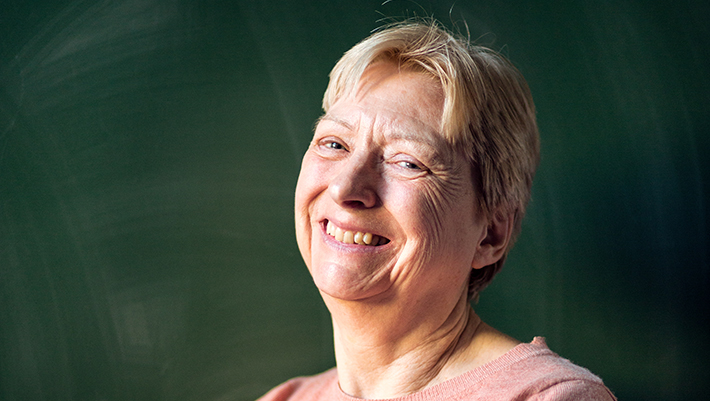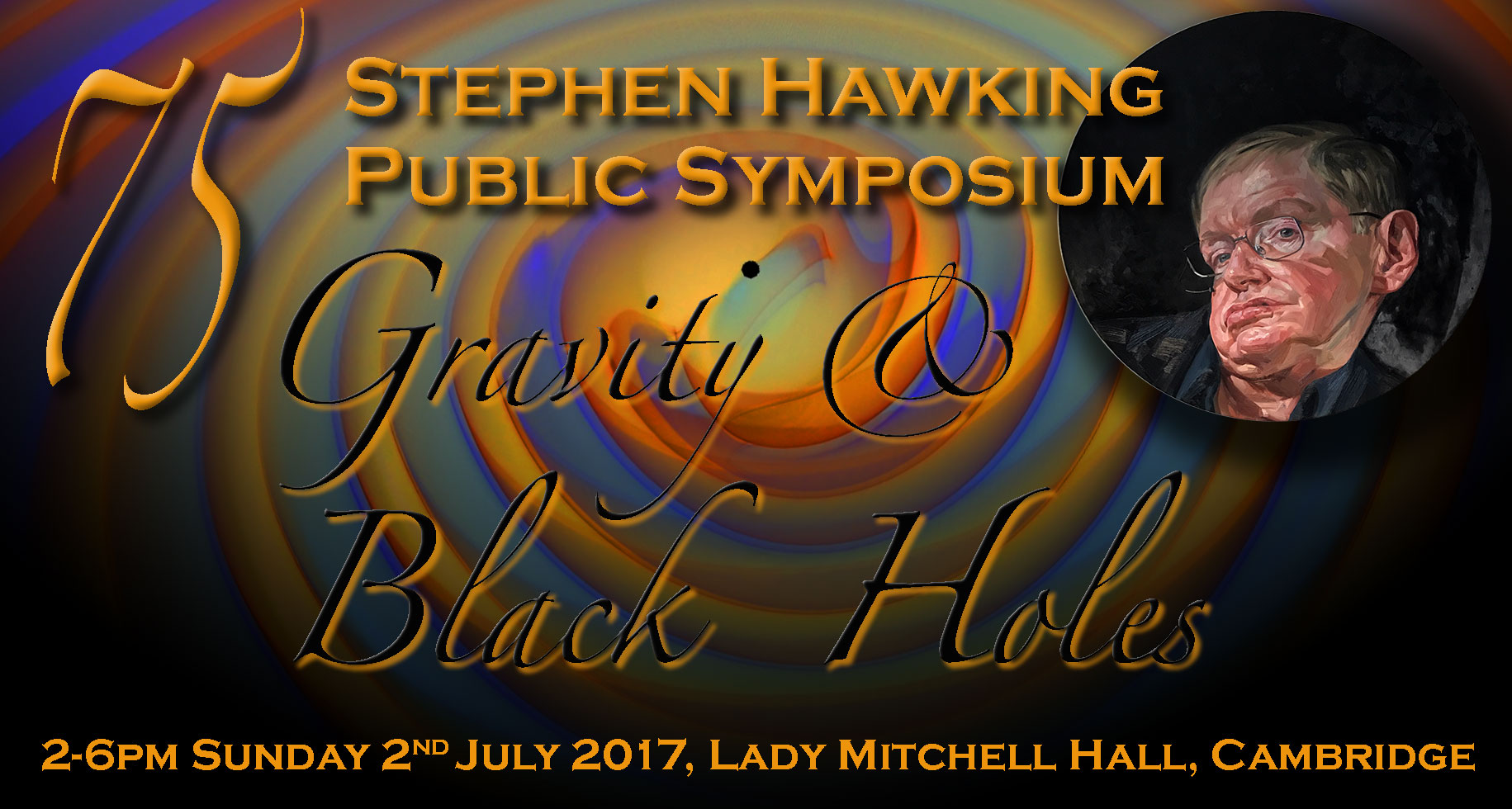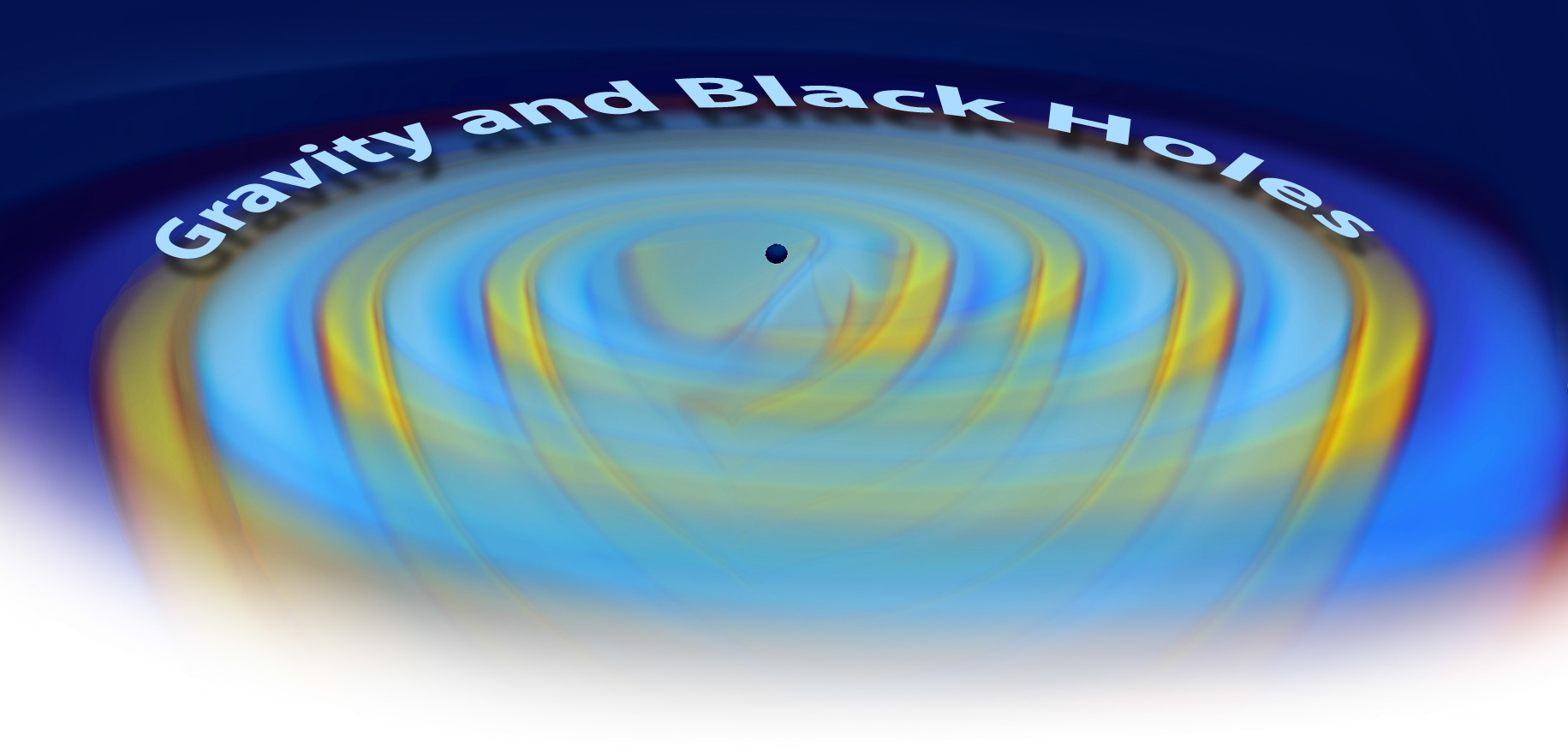Kavli-Villum Summer School on Gravitational Waves, 25 - 30 Sep 2023 | Corfu, Greece
Weak Gravitational Lensing, 5th-8th July 2022
Cambridge-LMU meeting, 7th-8th January 2021
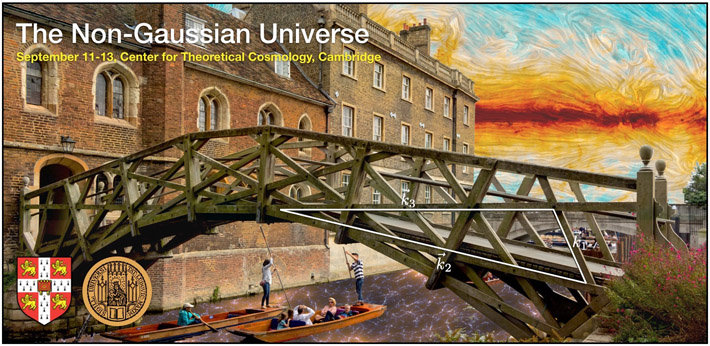
UK Cosmology Meeting
Celebration for Anne-Christine Davis
Centre for Theoretical Cosmology, Cambridge, UK, July 3-5, 2017
IXPUG Annual Spring Conference 2017
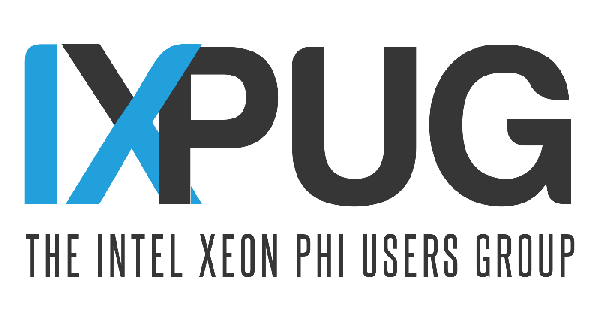
The CTC hosted a conference for the Intel eXtreme Performance Users Group (IXPUG), an independent users' group which provides a forum for the free exchange of information that enhances the usability and efficiency of scientific and technical applications running on large High Performance Computing (HPC) systems using the Intel architecture.
New Frontiers in Dynamical Gravity

The AdS/CFT correspondence has led to a vast number of applications of General Relativity that go beyond its traditional applications in astrophysics and cosmology. Via the correspondence, GR now plays a key role in improving our understanding of non-gravitational physics at strong coupling including high energy physics as well as condensed matter physics. In order to explore these exciting new phenomena it is necessary to study GR with AdS boundary conditions and in higher dimensions.
This workshop, which ran from 24 to 28 March 2014, brought together experts in numerical and mathematical GR and the AdS/CFT correspondence. Topics addressed included:
- Numerical construction of stationary BH solutions in AdS or higher dimensions
- Improvement of NR codes capable of simulating BHs in AdS or higher dimensional spacetimes
- Novel properties of stationary AdS black holes, such as solutions with non-Killing horizons or the superradiant instability
- Stability of (asymptotically) AdS spacetimes
- Perturbative techniques to study GR in higher dimensions
COSMO 2013

The seventeenth edition of the annual International Conference on Particle Physics and Cosmology - COSMO 2013 - was held at the Centre for Theoretical Cosmology, Cambridge, UK in the week of September 2-6, 2013.
The COSMO series is one of the major venues of interaction between cosmologists and particle physicists. The year 2013 being the year of the first release of cosmological results from the Planck satellite, it was more important than ever to encourage such interactions between the fields. COSMO 13 had an excellent line-up of plenary speakers. Some of the topics discussed at COSMO included:
- Results from the Planck satellite
- Results from the Large Hadron Collider
- The large-scale structure of the Universe
- Cosmic acceleration
- String cosmology
- Primordial cosmology
- Numerical cosmology
- Particle astrophysics
- Dark matter
Numerical Cosmology 2012 (NC 2012)

Between 17 - 20 July, CTC hosted NC 2012, a conference to explore and develop synergies between different aspects of numerical cosmology, both scientifically and technologically. Featuring approximately fourty participants from both academia and the high performance computing industry, it was supported by a generous grant from Intel Corporation. Some of the topics covered at NC 2012 included:
• Late Universe large scale structure simulations
• Early Universe field theory lattice simulations
• Cosmological numerical relativity
• Current and future state of numerical cosmology
• Latest software and hardware technologies
• Optimal strategies for parallelization
• Code sharing and reproducibility
• Data analysis of large data sets in cosmology
The State of the Universe public symposium

A 70th Birthday symposium celebrating Professor Stephen Hawking's contributions to fundamental physics and cosmology entitled ‘The State of the Universe’ was held on Sunday 8 January 2012 at Lady Mitchell Hall, Sidgwick Avenue, Cambridge. The symposium featured an afternoon of popular lectures from four distinguished scientists: Lord Rees, Professor Saul Perlmutter, Professor Kip Thorne and Professor Stephen Hawking himself. Professor Hawking was not able to attend in person, due to ill health, but his speech was read for him in absentia. This symposium received worldwide print and broadcast media coverage as well as an estimated 11,000 viewers live via an Intel Studios’ streamed webcast.
The State of the Universe scientific conference
Preceding the symposium from 4 to 7 January 2012 there was a technical scientific workshop, also entitled 'The State of the Universe'. It featured over 175 leading physicists, who reviewed the current status of the fields of black holes, cosmology and fundamental physics.
Gravity and Lorentz Violations
Gravity and Lorentz violations, which ran 13-15 October 2011, was a workshop focussing on Lorentz symmetry violations and their possible role in gravitation theory. The topics that were covered ranged from Lorentz-violating gravitation theories and experimental constraints on Lorentz invariance to Lorentz violations as probes of quantum gravity phenomenology and the role of Lorentz invariance in black hole physics.
The scope of the workshop was to bring together some of the leading experts in this area, covering all relevant topics, in a setting that encourages interation and discussion.
PASCOS 2011
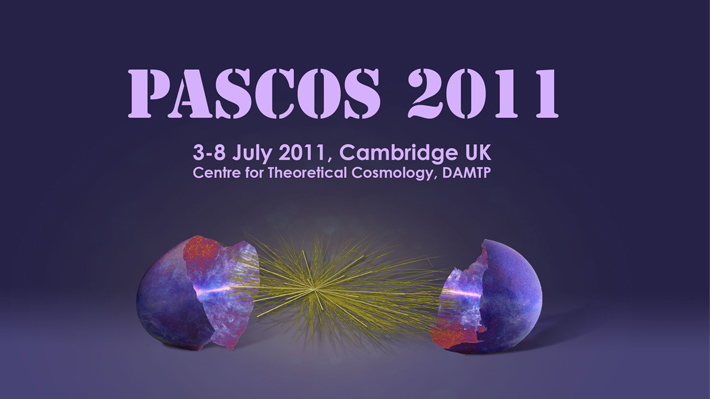
From 3 to 8 July, the 17th International Symposium on Particles, Strings and Cosmology, PASCOS 2011, took place at CTC. With 28 speakers and over 175 attendees, it aimed to explore and develop synergies between particle physics, string theory and cosmology. The following topics were covered:
• Critical tests of inflationary cosmology
• Advances in fundamental cosmology
• Applications of string theory (AdS/CMT)
• Particle and string phenomenology
• New experimental particle physics results
• Cosmological probes such as the cosmic microwave background
• Galaxies and large-scale structure
Primordial Gravitational Waves
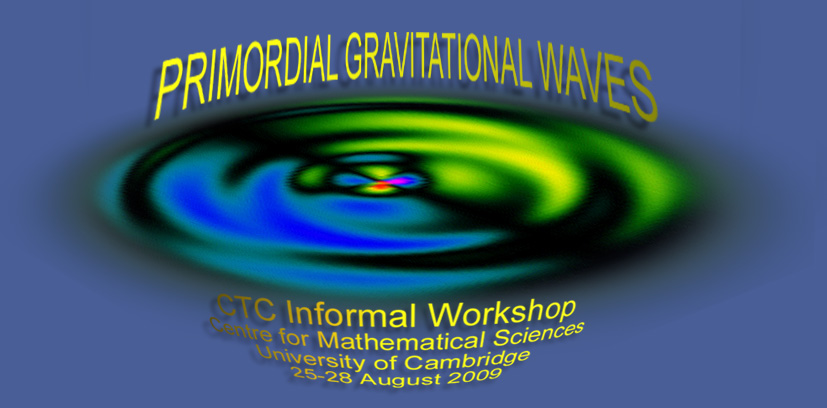
Primordial Gravitational Waves ran from 25-28 August 2009 and featured 27 speakers.
Gravitational waves could provide an unprecedented view of the earliest moments of our Universe. Forthcoming interferometers, both terrestrial and space-based, CMB polariation experiments and pulsar timing arrays will probe a wide range of frequencies and of direct relevance to fundamental theory and cosmology. The next few years could provide an extraordinary opportunity to discover new and exciting physics.
The time was, therefore, right to re-examine theoretical expectations for primordial gravitational waves in light of these ongoing experiments. Among the aims of this CTC workshop were:
• To explore cosmological scenarios in fundamental physics which can produce observable levels of primordial gravitational waves.
• To investigate the naturalness of large field inflation models which would leave a detectable tensor mode signature in the CMB polarisation experiments.
• To refine predictions for the gravitational wave backgrounds and distinct signatures of cosmic superstrings and other violent phenomena in the early Universe, such as phase transitions.
• To review the experimental prospects of detection from forthcoming experiments and to guide and motivate future detection proposals.
Non-Guassianity from Fundamental Phyiscs
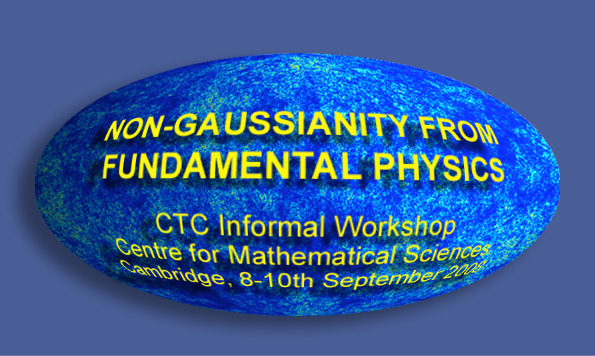
Over the last several years, the departure of the CMB from exact Guassianity has become one of the best measured parameters in cosmology. With the imminent launch of the the Planck satellite, coupled with surveys of large-scale and 21cm emission mean that non-Gaussianity became a focal point for the confrontation between observation and fundamental theory. This conference, which ran from 8-10 September 2008, drew together the experimental groups who were searching for signatures of non-Gaussianity and the theorists who are predicting what can be observed.
The aims of this Astrosim/CTC workshop were:
• To map out in detail what we can expect from Planck and other experimental probes.
• To refine the tools with which predictions of non-Gaussianity can be made from concrete models, particularly intensive computational aspects.
• To explore scenarios in fundamental physics which can give testable signatures, such as brane inflation models and cosmic defects.
The Very Early Universe
To celebrate the groundbreaking Very Early Universe workshop in 1982, at which a consensus picture of slow roll inflation was agreed, and later confirmed, the Centre for Theoretical Cosmology hosted 'The Very Early Universe: 25 Years On' workshop. Featuring 31 world class cosmologists, it was streamed live online. The conference also marked the opening of the CTC.
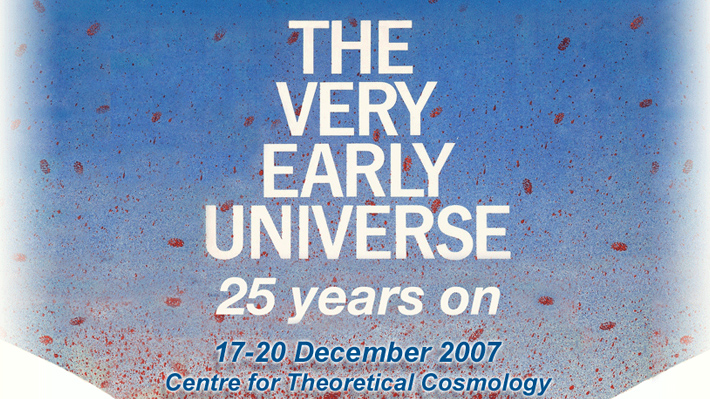
'The Very Early Universe: 25 years on' workshop celebrated the groundbreaking Very Early Universe conference, held in Cambridge in 1982
Andrew Chamblin Memorial Conference
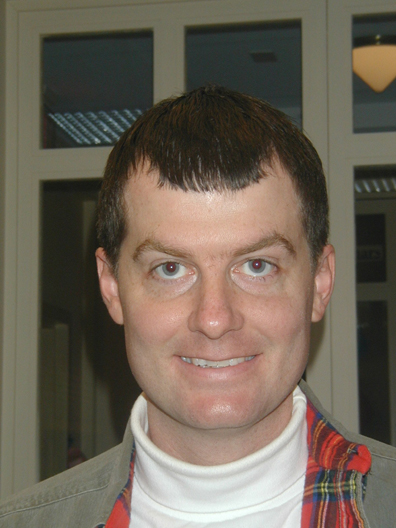
A one-day meeting to commemorate the scientific work of Andrew Chamblin was held on 14 October 2006 in the Winstanley Lecture Theatre at Trinity College, followed by a banquet in the College.
Andrew was a friend and colleague to many in the DAMTP GR group. He died suddenly in 2006 at the age of thirty-six. An annual lecture is held in his memory.

